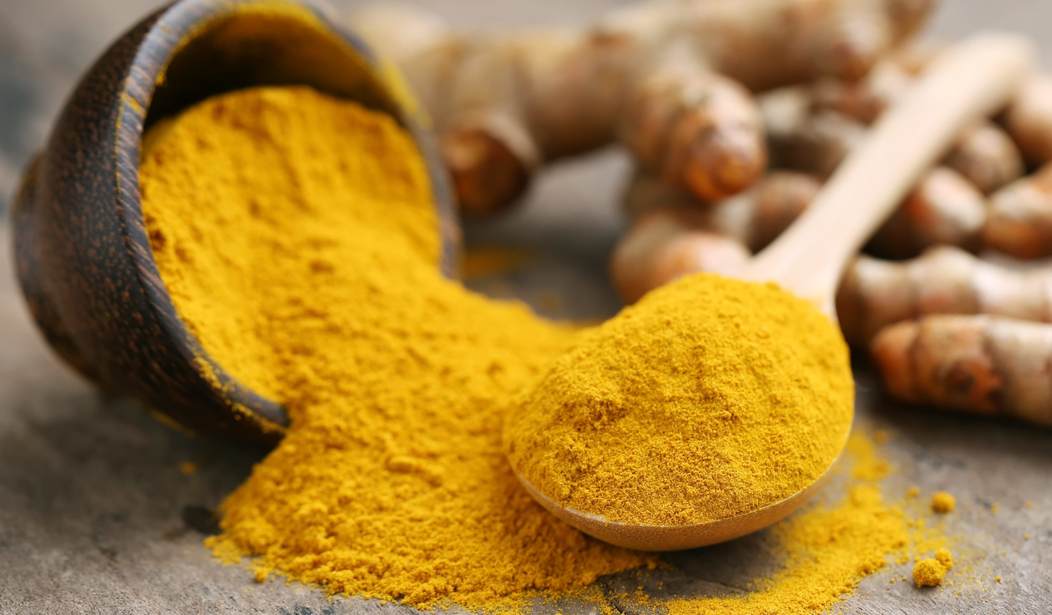Turmeric is pretty commonly used in countless recipes. It is grown throughout India, parts of Asia, and South America. But naturopaths have long touted the health benefits of the orange-yellow spice. The chemical curcumin, which is found in the tuber, is known to help countless ailments, especially inflammation.
Some people ingest turmeric pills, while others whip up various teas or drinks. (A popular way to ingest the spice is by making Golden Milk, a drink that combines turmeric, milk, cinnamon, honey, and a few other ingredients.) Nursing mothers are advised to avoid the spice in large doses because it can slow down milk production.
Jade Erick, a 30-year-old woman from San Diego, Calif., was interested in natural treatments, and it is believed that she sought a turmeric treatment that ended her life in an attempt to relieve a recent eczema flair-up.
Erick died after a bad reaction to turmeric, a spice used in Indian food and in dietary supplements, that was dripped directly into her veins through an I-V.
According to the San Diego County Medical Examiner the cause of her death was “: anoxic encephalopathy due to prolonged resuscitated cardiopulmonary arrest due to adverse reaction to infused turmeric solution”. A spokesperson confirmed the turmeric was delivered through an IV.
A one-hour intravenous infusion of turmeric in San Diego costs around $200 (£160), reported Forbes.
Local naturopathic doctors, who sell oral turmeric pills, told NBC they had not treated Ms Erick.
“Turmeric has been used for centuries and it’s got many great properties, among them, one of most powerful anti-inflammatories we know of,” Hadas Hilewitz told the broadcaster.
While the spice is usually completely safe when used in cooking, the intravenous infusion caused an adverse reaction in Ms. Erick, and she suffered a heart attack as a result.
One site called Dr Axe has published an article titled “10 turmeric benefits: Superior to Medications?” that has been shared on Facebook more than 90,000 times.
It says: “When examining the research, turmeric benefits go beyond that of these 10 drugs: anti-inflammatory drugs; anti-depressants; chemotherapy; anti-coagulants (aspirin); painkillers; diabetes drugs; arthritis medications; inflammatory bowel disease drugs; cholesterol drugs; steroids”.
And a headline on the site althealthworks.com says: “Intravenous curcumin – Why it may be the best way to use turmeric yet for cancer, chronic inflammation and much more.”
More extensive research and clinical trials are needed to confirm that curcumin can reduce inflammation and that it has anti-cancer properties as well as to determine the safety of it. Despite the lack of conclusive research on the matter, many people still turn to this spice for help.









Join the conversation as a VIP Member